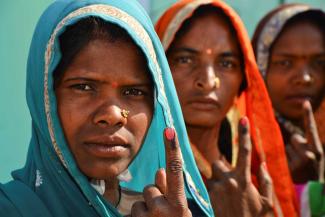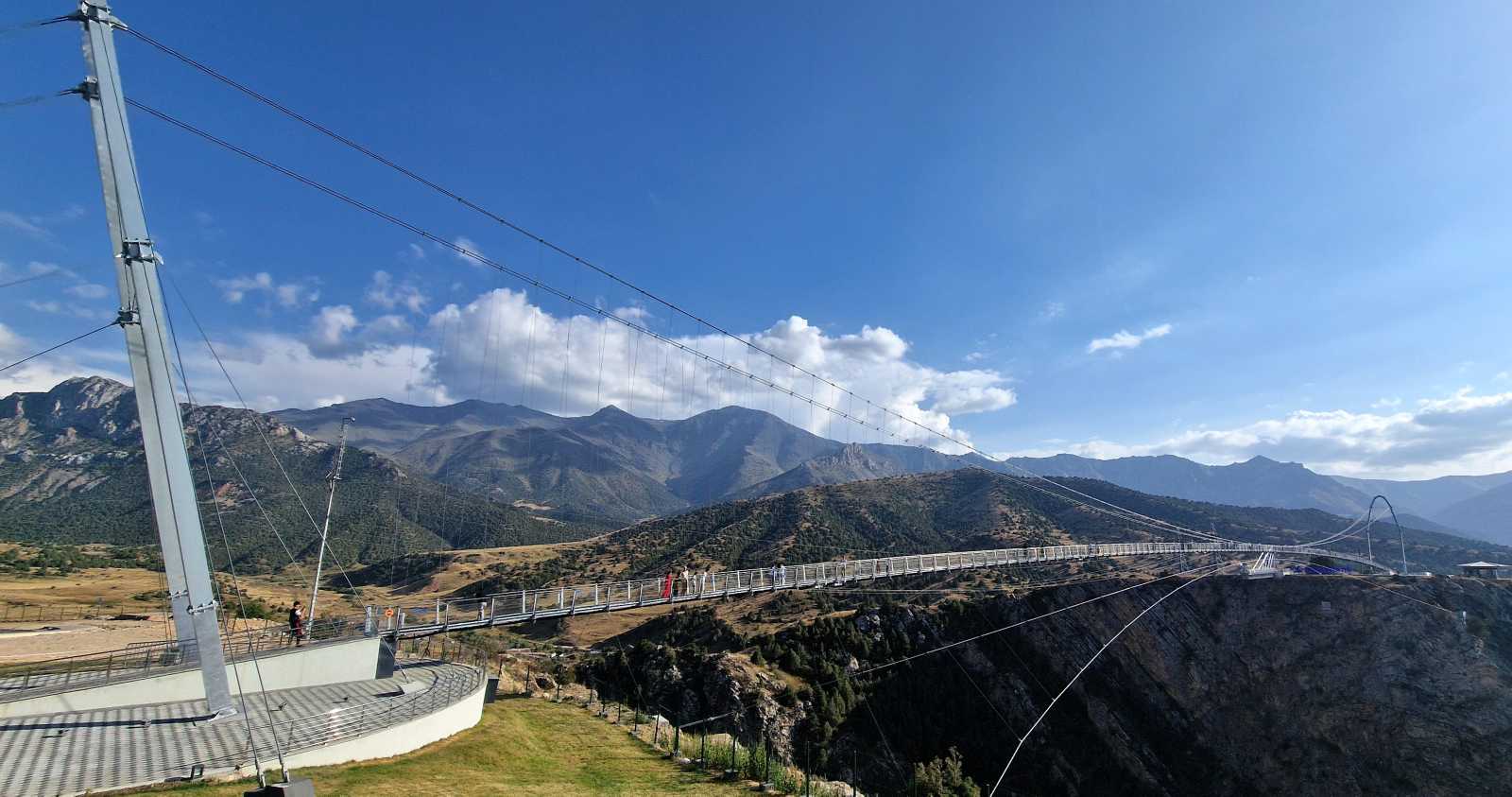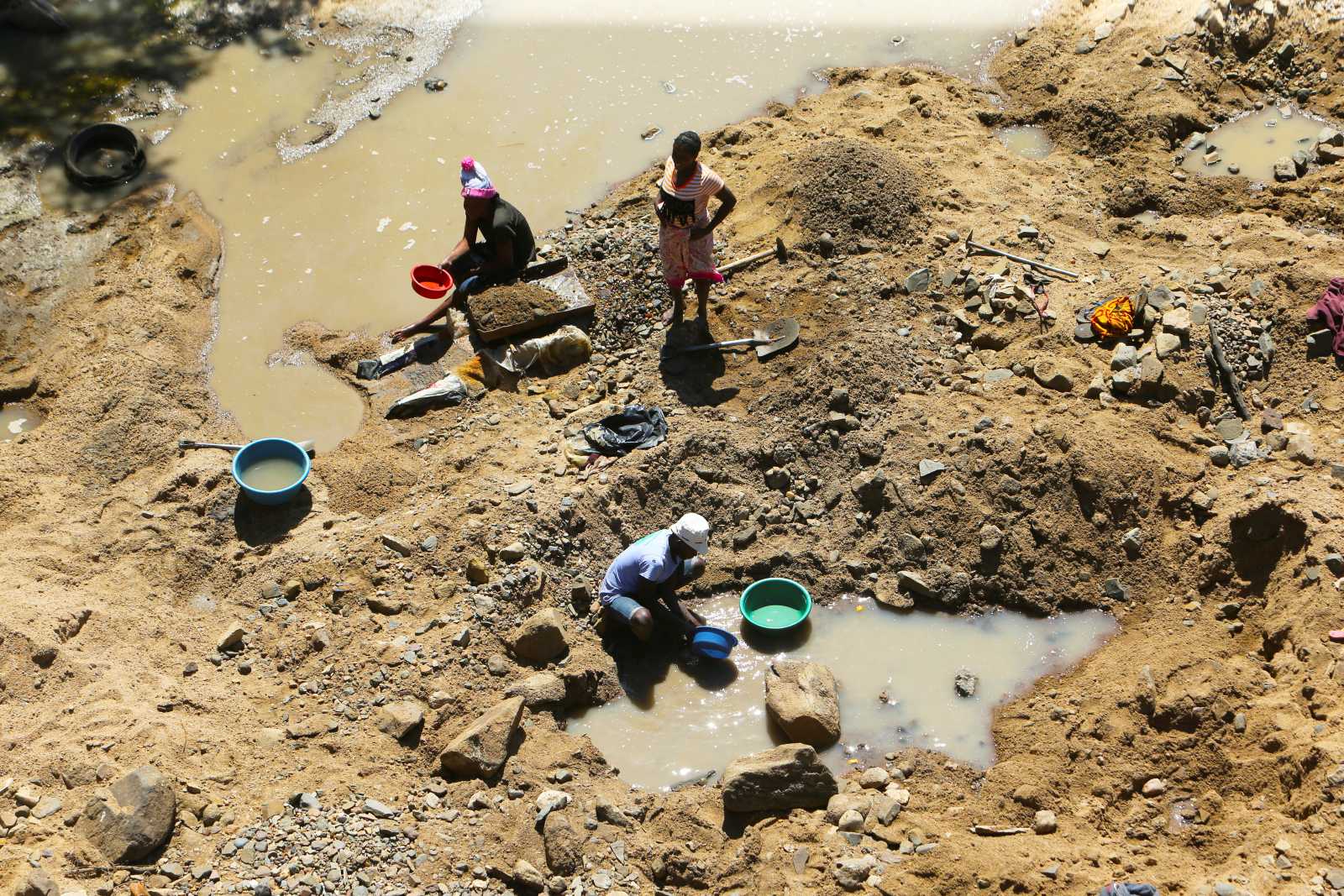India’s Adivasis
Over 100 million people belong to India’s scheduled tribes

To an outsider’s eye, the lifestyle of an Adivasi forest village may look unorganised, but it is based on carefully crafted customary laws. For example, villages in the Mandla district of Madhya Pradesh depend upon forest produce for their income. In March and April, they collect mahua flowers, with people plucking blossoms seemingly at random. However, there is a set of rules which govern what they do. According to their custom, each tree is allocated to a specific household, the members of which may collect its flowers.
Adivasi customs often diverge considerably from what is considered normal in Indian mainstream society. In the Bastar district of Chattisgarh, for example the tradition of Ghotul allows unmarried men and women to explore their compatibility before marriage. The couple can spend a fortnight together getting to know each other in a domicile they share. Afterwards, they may marry or go separate ways. This practice is far more liberal than arranged marriages with husband and wife often meeting for the very first time on their wedding day.
104 million people
According to India’s 2011 census, 104 million people belong to the country’s scheduled tribes. They constituted almost nine percent of the total population and more than 11 % of the rural population. They speak more than 100 languages and vary in terms of their social structure, customs, language, religion, food habits, dress, economic sustenance and cultural manifestations.
Even in densely populated areas, Adivasi communities tend to live in separate villages, though they interact regularly with others. In forest areas, however, tribes are largely left to themselves. Conflicts arise when corporate powers with government backing want to extract resources from their lands (see main story).
In late July, Droupadi Murmu, was elected Indian president by the parliament. She is the first one from a tribal community, but is known as a well-aligned politician in her party, the Hindu-supremacist BJP. The president’s role is largely symbolic, so she will not make a major difference to forest villages in central India.
Suparna Banerjee recently obtained her PhD in development studies from Bonn University. Her book on forest-related conflicts in central India will be published by Routledge soon.
mail.suparnabanerjee@gmail.com













